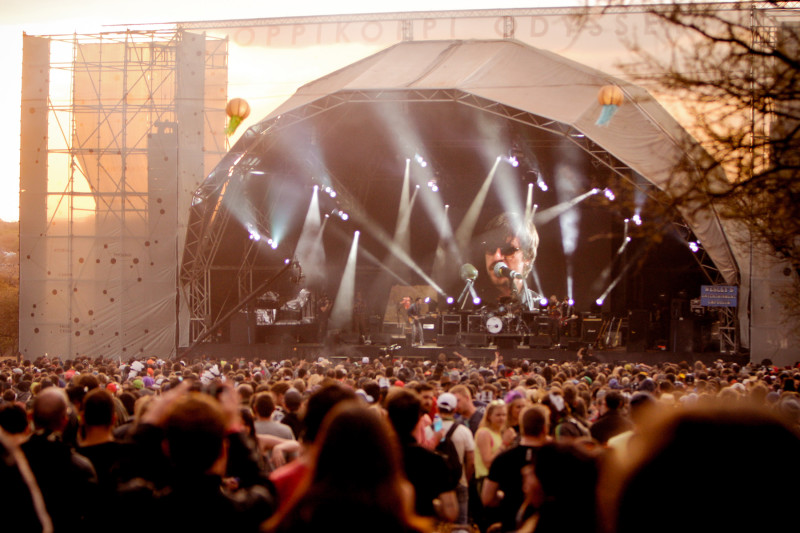After an absence of over half a century, the courageous musical “King Kong” has smashed its way back into the collective South African consciousness. On tour in South Africa, “King Kong” is one of the most successful and controversial musicals ever to have been produced in the country.
Back in 1959 the jazz musical toured the country’s major cities too, at times, sold out venues. It was seen by roughly 200,000 people before moving to London’s West End. Set to the music of composer Todd Matshikiza, it launched the international careers of musical greats, Miriam Makeba and Hugh Masekela, among many others.
The narrative, which does not involve any giant apes (as in the film with the same name), follows the life story of 1950s heavyweight boxer Ezekiel Dlamini, who was better known by his ring name “King Kong”. Briefly stated, Dlamini becomes something of a township hero in the darkening days of apartheid by rising to boxing superstardom.
The story follows the highs and lows of his life, his fall from grace, and eventual suicide in a hard labour camp. Presenting the harsh realities of life in South Africa’s townships, gangsterism and the belligerent indifference of the apartheid state, the production quickly rose to notoriety. It was a collaborative effort that ignored the racial boundaries so vehemently enforced by the apartheid government. It also drew critical acclaim from multiracial audiences.
Kong in the era of Fallism
The timing of this latest production is interesting. Aside from a failed revival attempt in 1979, “King Kong” has been absent for almost 60 years. The musical was originally performed within the historical backdrop of the construction of so-called “grand apartheid” under then prime minister Hendrik Verwoerd.
The 1950s saw a flurry of legislative activity on the part of the apartheid government, affecting everything from education to land, labour and love. The decade also saw 156 people, including Nelson Mandela, put on trial in 1956 and charged with High Treason for their alleged actions against the state. The proceedings, which culminated in charges being dropped in 1961, would become engraved into South Africa’s history and known simply as “The Treason Trial”.
With the fall of minority rule, Kong showed no signs of returning throughout the “Rainbow Nation” years of the late 1990s under the moral, political, and spiritual leadership of figures like Nelson Mandela and Archbishop Desmond Tutu. No, Kong has returned at a historical moment of unprecedented social strife in the post-liberation era.
Despite over two decades of democracy, over the past two years, South Africa has witnessed protests against colonial and apartheid monuments. Demands for decolonisation across the country’s education system and student protests have been seen unlike anything in recent memory. In the digital age of hashtag student movements and demands for radical transformation, King Kong’s themes of harsh living conditions, socioeconomic immobility, corruption, and gangsterism are unsettlingly familiar and contemporary for many South Africans.
By Gavin Robert Walker, Stellenbosch University




